Artificial intelligence (AI)

Artificial intelligence refers to the ability of computers or computer programs to simulate intelligent human behavior, such as learning, problem-solving, and decision-making. Artificial intelligence systems use algorithms and data to make predictions, classify objects, and generate insights that can be used in a variety of applications, from virtual assistants and self-driving cars to medical diagnosis and financial analysis.
There are several types of AI, including:
01
Narrow or weak AI:
This type of AI is designed to perform a specific task, such as facial recognition, language translation, or playing chess. Narrow AI is the most common type of AI and is used in many applications, such as virtual assistants, image recognition, and natural language processing.
02
General or strong AI:
This type of AI is designed to perform any intellectual task that a human can, such as reasoning, problem-solving, and learning. General AI is still in the development stage and has not yet been achieved.
03
Superintelligence:
This type of AI is significantly more intelligent than the best human minds. Superintelligence could potentially solve complex problems that are currently unsolvable, but it also raises concerns about safety and control.
04
Artificial general intelligence (AGI):
This type of AI is designed to perform any intellectual task that a human can and is considered a long-term goal for AI research.
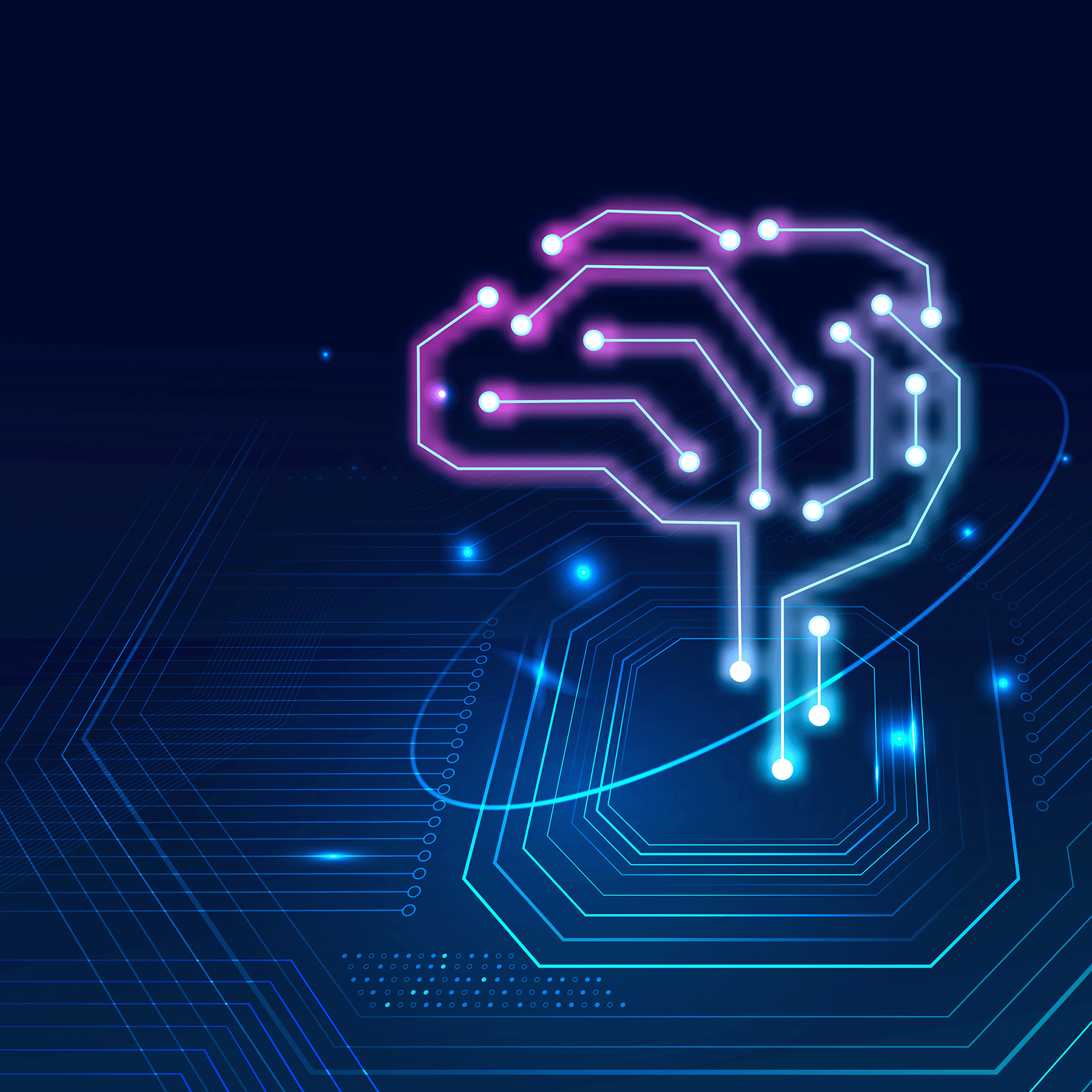
AI has many applications in various industries, including:
- Healthcare: Artificial intelligence can be used to analyse medical images, diagnose diseases, and develop personalized treatment plans. AI-powered robots can also assist in surgeries and patient care.
- Finance: Artificial intelligence can be used to detect fraud, analyse financial data, and make investment decisions.
- Education: Artificial intelligence can be used to personalize learning, grade assignments, and develop virtual teaching assistants.
- Transportation: Artificial intelligence can be used to develop autonomous vehicles, improve traffic flow, and optimize logistics.
- Manufacturing: Artificial intelligence can be used to optimize production processes, predict maintenance needs, and improve product quality.
FFFFFF
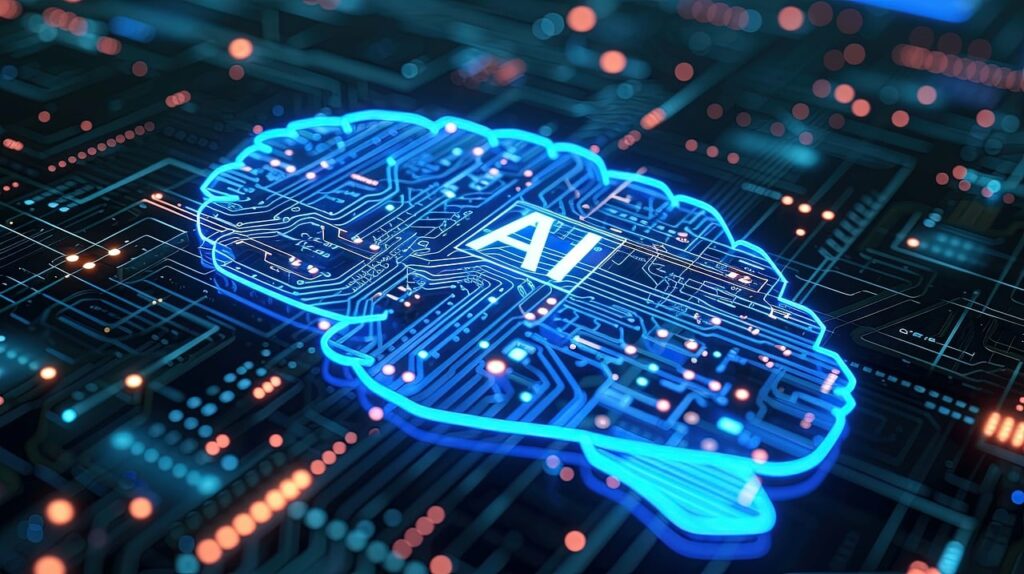
Artificial Intelligence is a rapidly growing field of computer science that has the potential to revolutionize the way we live and work. AI is about creating algorithms that can process and analyse large amounts of data to make decisions and solve problems, and it is already being used in a variety of applications, from self-driving cars to virtual personal assistants. However, it is important to ensure that AI is developed and used in a responsible and ethical manner, so that it can be used to benefit society. Moreover, Artificial Intelligence is a technology that is here to stay, and it is important for us to understand, embrace, and use it in a way that is beneficial for all. With the right approach, AI can be a powerful tool that can help us solve some of the world’s most pressing problems, and create a better future for all.
In the coming years, we can expect to see AI being used in even more innovative and exciting ways. For example, AI is being used to develop new forms of renewable energy, such as solar panels that can track the sun and optimize energy production. AI is also being used to develop new forms of transportation, such as flying cars and hyperloop systems.
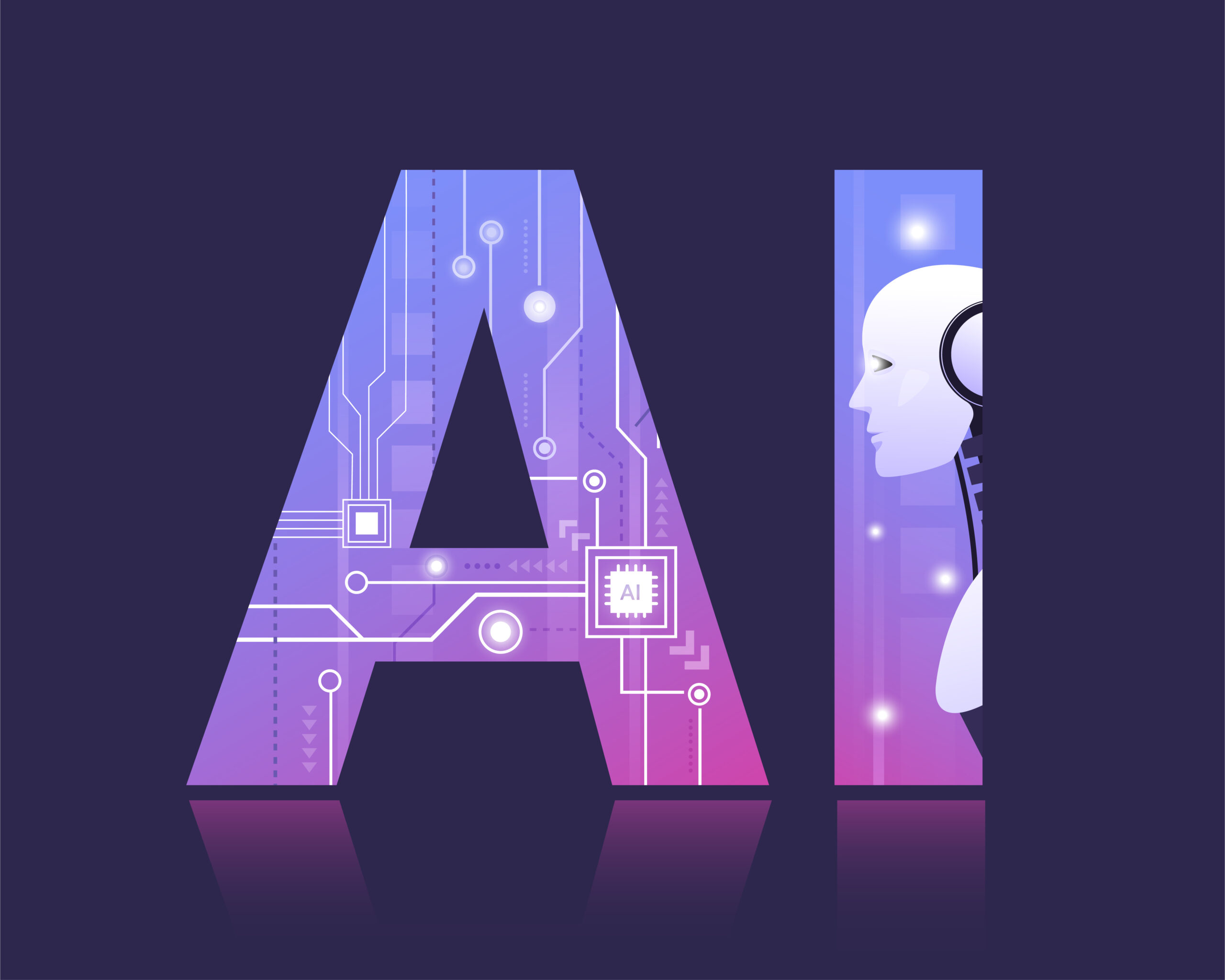
There is no doubt that artificial intelligence has the potential to transform a wide range of industries and aspects of our lives in the coming years.
Despite AI’s many benefits, it also poses several challenges and risks. As AI continues to advance, it is essential to develop ethical guidelines and regulations that ensure its development and deployment are aligned with human values and well-being.
By understanding what artificial intelligence means and its implications, we can harness its power to create a better future for all.
AI: The Future of Technology
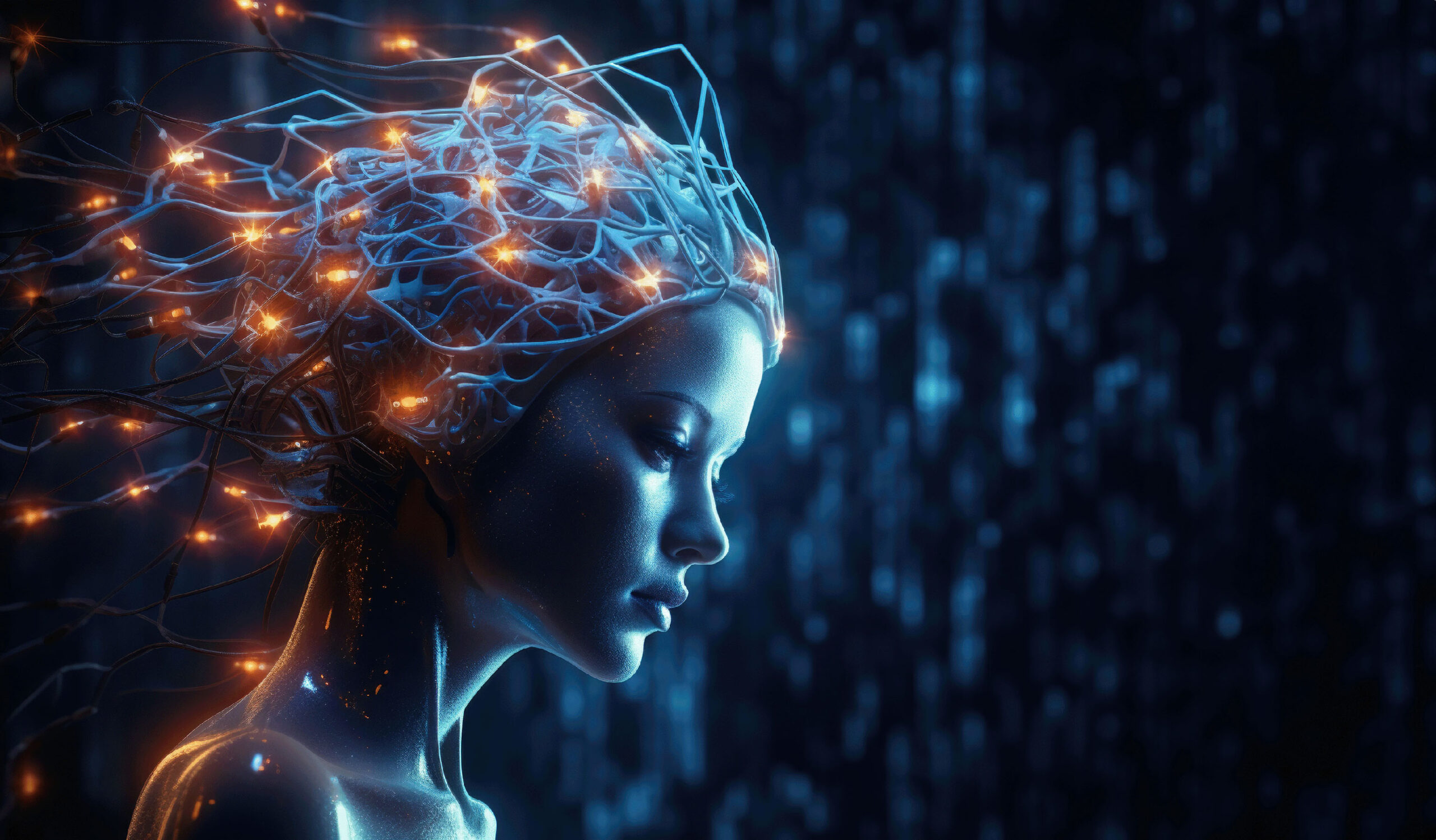
Several aspects of human existence can be revolutionized by artificial intelligence. It’s a multidisciplinary field that includes a broad range of methods and applications, such as robots, deep learning, machine learning, and natural language processing.
Machine learning is a subset of data analysis that automates the creation of analytical models. It is a method of creating AI by educating computers to learn from and make judgments based on data instead of explicit programming. The kind of data that machine learning algorithms are trained on determines whether they are supervised, unsupervised, or semi-supervised.
- Supervised learning: Using a labeled dataset—a dataset in which each example has the correct answer (label)—supervised learning entails training an algorithm. Based on patterns it has discovered in the training data, the algorithm learns to predict the correct label for new, unseen data. Spam detection and picture classification are two examples.
- Unsupervised learning: entails training an algorithm on an unlabeled dataset, forcing the algorithm to look for patterns and relationships in the data on its own. This is frequently applied for tasks such as clustering, anomaly detection, and dimensionality reduction.
- Semi-supervised learning: As a combination of the two, semi-supervised learning trains the algorithm on partially labeled data. Using this method, the algorithm is able to learn both from labeled and unlabeled data when labeling data is expensive or time-consuming.
- Deep learning: is a subset of machine learning that is inspired by the structure and function of the human brain, specifically the interconnecting of many neurons. Artificial neural networks are trained using large amounts of data, allowing them to learn and make decisions in a way that is similar to how humans do. Deep learning has been particularly effective in areas such as computer vision, natural language processing, and speech recognition.
